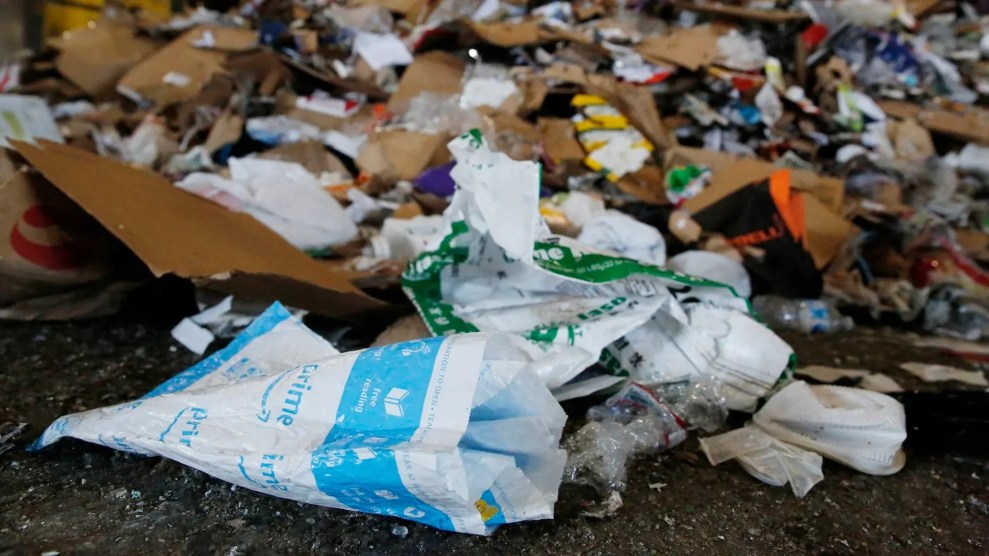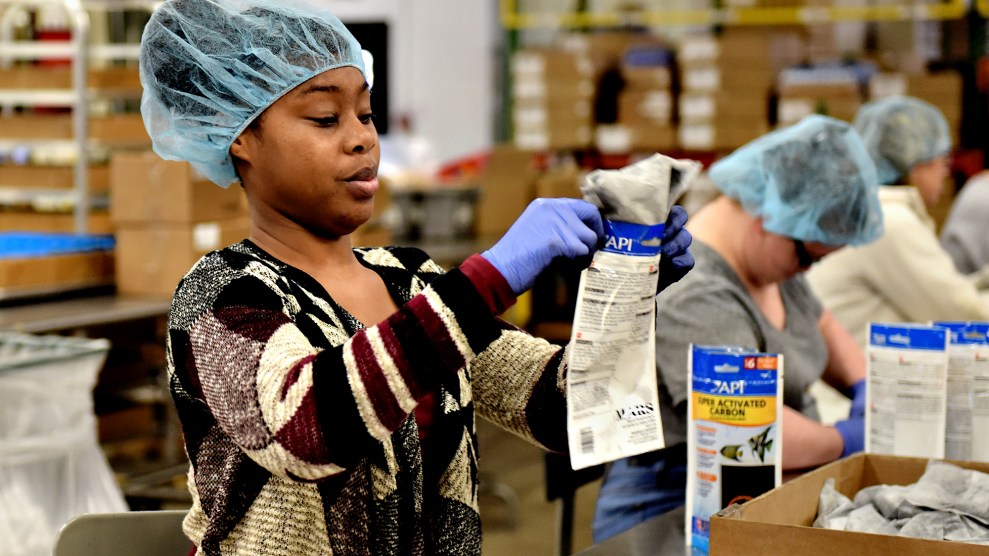HIV is a myth. At least, that’s what a band of extremely passionate activists and a few well-respected scientists want us to believe. With sites like “reappraisingaids.org” and “virusmyth.com” proliferating, the Web is fertile territory for HIV dissidents who continue to make waves in the debate over AIDS research — and even enlist the occasional prominent supporter. Notice how Secretary of State Colin Powell made a point of visiting an AIDS clinic within hours of arriving in South Africa this week? Asked whether he’d talked to Mbeki — who set off an international firestorm two years ago by publicly challenging the mainstream view of HIV — Powell said only that the president was “doing everything possible” to combat AIDS.
The basic HIV dissidents’ argument goes like this: There is insufficient evidence that the HIV virus causes AIDS, but the connection has gained wide acceptance with the help of an irresponsible press. Much of the research involved comes from the work of UC Berkeley molecular biology professor Peter Duesberg, the same man who isolated the very first cancer gene, and David Resnick, a prominent chemist. Their radical contention is that AIDS is not delayed or prevented by the AIDS drugs now popular in the clinical community, but rather caused by those drugs.
Duesberg also contends that the HIV virus does not cause the myriad opportunistic diseases collectively referred to as AIDS. He also posits that AIDS in Africa is not the same condition seen in the US, but rather a collection of persistent diseases now wrongly classified under a new name.
The more radical dissenters assign malicious intent to scientists and companies at the forefront of AIDS research, going so far as to claim a conspiracy to keep the gay and minority communities sick and dependent. The fact that the only widely accepted treatment for the disease is a highly toxic cocktail of highly profitable drugs alone should set off alarms, the argument goes. A cure isn’t in the capitalist interest of the drug companies; indeed, it would cut off the pharmaceutical industry’s opportunity to sell maintenance drugs like AZT. (The notion was a subject of extensive debate in this space last year.)
The response from mainstream scientists has been nothing short of venomous. With the exception of the skeptics at The Skeptic, who actually made an effort to fairly appraise and dissect the anti-HIV argument — advocates and media have by and large dismissed the movement based on some of the kookier antics of the radical fringe, sometimes comparing them to Holocaust revisionists.
Resistance to giving the HIV dissenters’ views a fair airing extends deep into the scientific community. The editors of the journal Nature once wrote of their unwillingness to publish Duesberg’s defenses of his theory: “The sad truth about debates on controversial issues in science is that there may come a point at which dissenters forfeit the right to make claims on other people’s time and trouble by the poverty of their arguments and the exasperation they have caused.”
True, science is slippery and “proof” of some widely held truths is not absolute: that excessive carbon dioxide emissions cause global warming, for example, seems logical, but the best science can do is conclude that it is more likely to be true than not. A preponderance of evidence indicates that AIDS is caused by the HIV virus, is contagious, and is a global health crisis. But if it turned out that we were wrong, wouldn’t we want to know? After all, the standard theory has not exactly proved successful: After 20 years of research, there is neither a cure nor a vaccine.
There is one real danger in entertaining the alternative view that HIV may not cause AIDS — some people won’t hear that word “may,” and will have unprotected sex thinking the HIV-AIDS connection is bogus. But that argument is akin to — and as hollow as — the contention that teaching sex ed in public schools will cause kids to be promiscuous. If the skeptics’ instincts prove wrong, how much have we lost by making the effort to hear them out?
(For a sample of the scientific community’s response to the HIV dissidents, check out:
National Institutes of Health: Focus on the HIV-AIDS Connection












